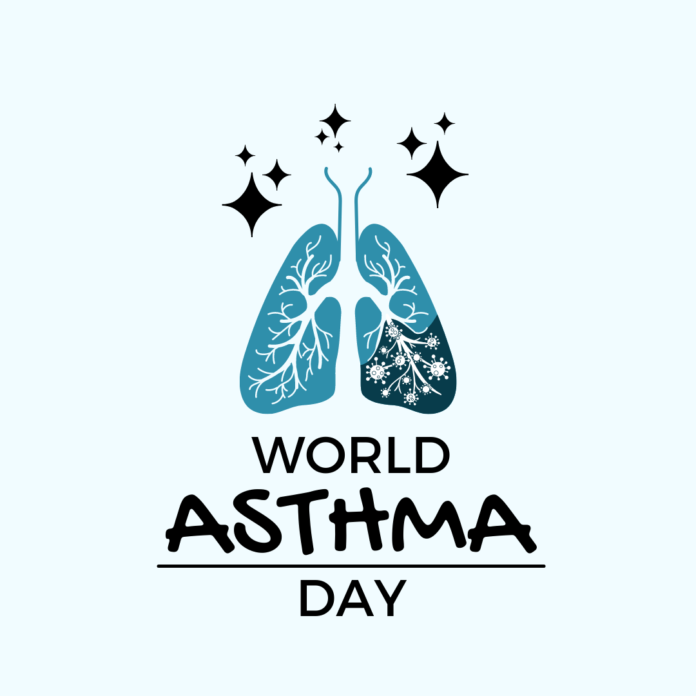World Asthma Day is observed every year on the first Tuesday of May to raise awareness about asthma and encourage better management and control of the disease. Asthma is a chronic respiratory condition that affects millions of people worldwide, and it is one of the most common non-communicable diseases. According to the World Health Organization (WHO), an estimated 235 million people suffer from asthma, and it is responsible for approximately 383,000 deaths annually.
Asthma is a chronic inflammatory disease that affects the airways, making it difficult to breathe. The symptoms of asthma can vary from person to person, but they often include wheezing, coughing, shortness of breath, and chest tightness. These symptoms can be triggered by a variety of factors, including allergens, irritants, exercise, and stress.
Despite advances in medical treatments, asthma continues to be a significant public health challenge. Many people with asthma struggle to manage their symptoms, and asthma attacks can be life-threatening. Therefore, it is crucial to increase awareness about asthma and promote strategies for managing and preventing asthma attacks.
One of the key ways to manage asthma is to identify and avoid triggers. Common triggers include tobacco smoke, air pollution, pollen, dust mites, and certain foods or medications. By avoiding these triggers, people with asthma can reduce the likelihood of experiencing an asthma attack.
In addition to avoiding triggers, people with asthma should work with their healthcare providers to develop an asthma action plan. An asthma action plan outlines steps to take in case of an asthma attack, including when to use medication and when to seek medical attention. By following an asthma action plan, people with asthma can take an active role in managing their condition and reducing the risk of serious complications.
World Asthma Day is an excellent opportunity to raise awareness about asthma and encourage people to take steps to manage their condition. By working together, we can reduce the impact of asthma on individuals, families, and communities worldwide.

































